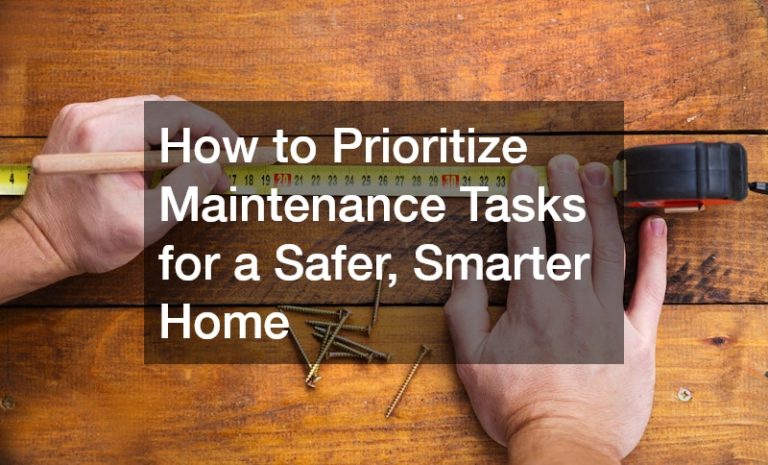

A roof is an essential component of a home, offering protection from the elements and contributing to overall structural integrity. Neglecting a roof that is in need of replacement can lead to significant issues, such as leaks and water damage, which may incur additional expenses down the line. For this reason, homeowners commonly face the critical decision of whether or not to replace an aging or damaged roof promptly. To make an informed decision, understanding the condition of the current roof through an assessment by a qualified roofing contractor is vital. This professional evaluation can highlight pressing issues and suggest whether immediate replacement is necessary.
While some homeowners can afford the upfront cost of roof replacement, the significant price tag can be a hurdle for many others. Funding a roof replacement requires careful consideration of available financial resources and the potential costs of delaying the replacement. If left unattended, a compromised roof can lead to increased maintenance costs, reduced energy efficiency, and potential decreases in property value. With the help of a reputable roofing contractor, homeowners can explore various options to finance their roof replacement. This discussion is especially relevant in today’s economic climate, where financial flexibility can be crucial for long-term stability.
Roof replacement is not merely a cosmetic improvement but a necessary investment in the property’s longevity and safety. Ensuring a high-quality, durable roof can prevent future repairs and enhance a home’s market appeal. When considering financing options, homeowners must weigh the immediate benefits of an enhanced roof against the potential financial burdens. Timely action, guided by advice from an experienced roofing contractor, can provide peace of mind and shield from escalating repair costs. Financing, for many, becomes a viable option to maintain home integrity without exhausting savings.
Exploring Roof Replacement Financing Options
Financing options for roof replacement have evolved significantly, providing homeowners with flexible solutions tailored to diverse financial circumstances. Personal loans, home equity loans, credit cards, and roofing contractor financing are among the most common avenues pursued by homeowners today. Each method carries unique advantages and possible drawbacks, necessitating thorough analysis and understanding before commitment. For instance, personal loans often offer a quick application process but can carry high interest rates that inflate the total cost over time. In contrast, home equity loans may provide lower interest rates but require sufficient home equity and result in a longer loan processing time.
Home equity lines of credit (HELOCs) offer an alternative financing strategy, allowing homeowners to borrow money based on the available equity in their home. This option can provide favorable interest rates, making it an attractive choice for those with substantial equity and strong credit. Yet, it’s essential to recognize the risks; using home equity as collateral means failing to repay could result in serious financial consequences, including foreclosure. Conversely, financing plans directly through a roofing contractor may simplify the process, offering competitive rates and tailored repayment schedules. Comparing these possibilities can help homeowners identify the most appropriate financial strategy for their situation.
Another financing option gaining popularity is credit card financing, appealing for the immediacy and simplicity it may provide. However, the often high interest rates and potential for accumulating debt can make this approach less ideal for long-term affordability. Consequently, many opt for contractor-offered financing, appreciating the convenience and customization these plans often entail. Regardless of the chosen method, evaluating terms carefully is crucial to avoid undesirable financial burdens. Consulting with a trusted roofing contractor can offer insights into viable financing paths and ensure alignment with both the homeowner’s budget and replacement needs.
Advantages and Disadvantages of Financing a Roof Replacement
Financing a roof replacement presents several advantages, chiefly among them the ability to proceed with necessary repairs without depleting savings. Homeowners can manage their cash flow more effectively, allocating resources to other pressing needs while safeguarding property integrity. Additionally, financing enables timely repairs, precluding potential damage that could arise from delaying replacement. A renewed roof enhances energy efficiency and reduces long-term maintenance expenses, offsetting some of the costs incurred through financing methods. Exploring financing options can empower homeowners to make proactive decisions that protect their investment in the property.
However, financing also brings particular disadvantages that must be considered. Depending on the financing method, homeowners may encounter high interest rates that increase the overall expenditure of the roof replacement. The financial commitment of monthly payments can strain a household’s budget, especially if unexpected expenses arise. Therefore, understanding and planning for potential fluctuations in financial commitments is critical. In some cases, homeowners might face difficulty securing favorable loan terms due to limited credit history or existing debt, underscoring the importance of a sound financial strategy. Collaborating with a reliable roofing contractor can help navigate these complexities and identify a feasible approach.
Ultimately, the decision to finance a roof replacement hinges on balancing immediate repair needs with long-term financial health goals. Employing a mix of financial acumen and strategic foresight can guide homeowners toward a decision that secures their home’s future while preserving economic stability. The importance of reviewing each financing option’s terms, weighing both pros and cons, is crucial. Recognizing the essential nature of a functional roof ensures that regardless of the financial approach, the primary goal remains protecting one’s home and family. With the expertise of a seasoned roofing contractor, making this significant decision becomes more manageable, enabling informed choices for optimal home care and financial management.


